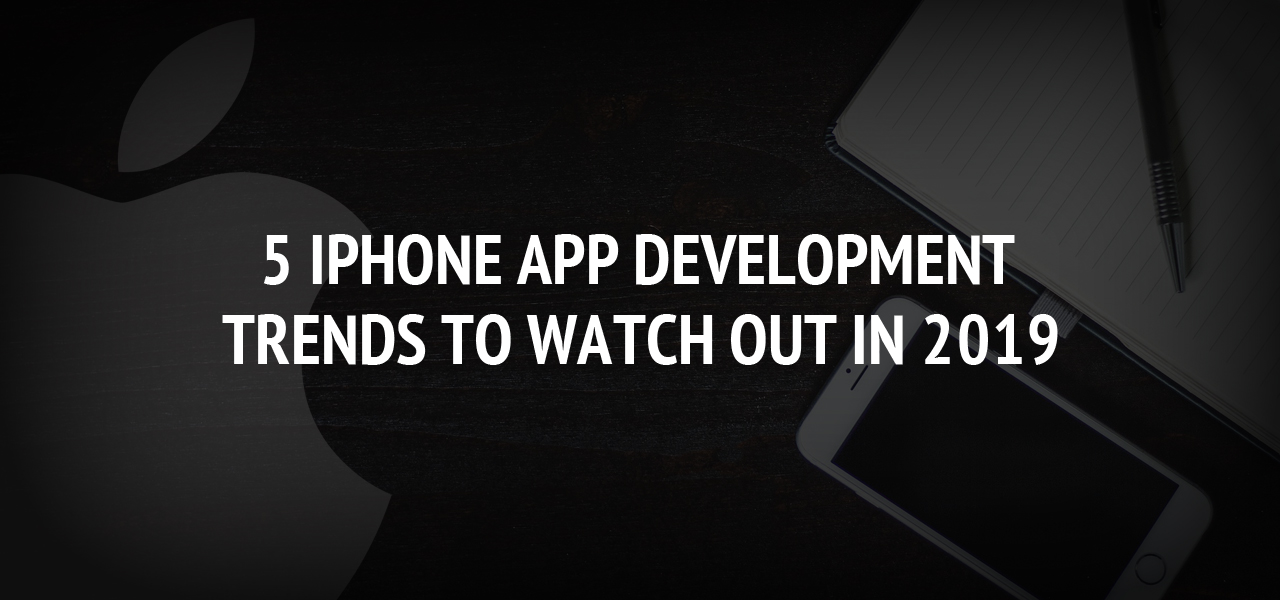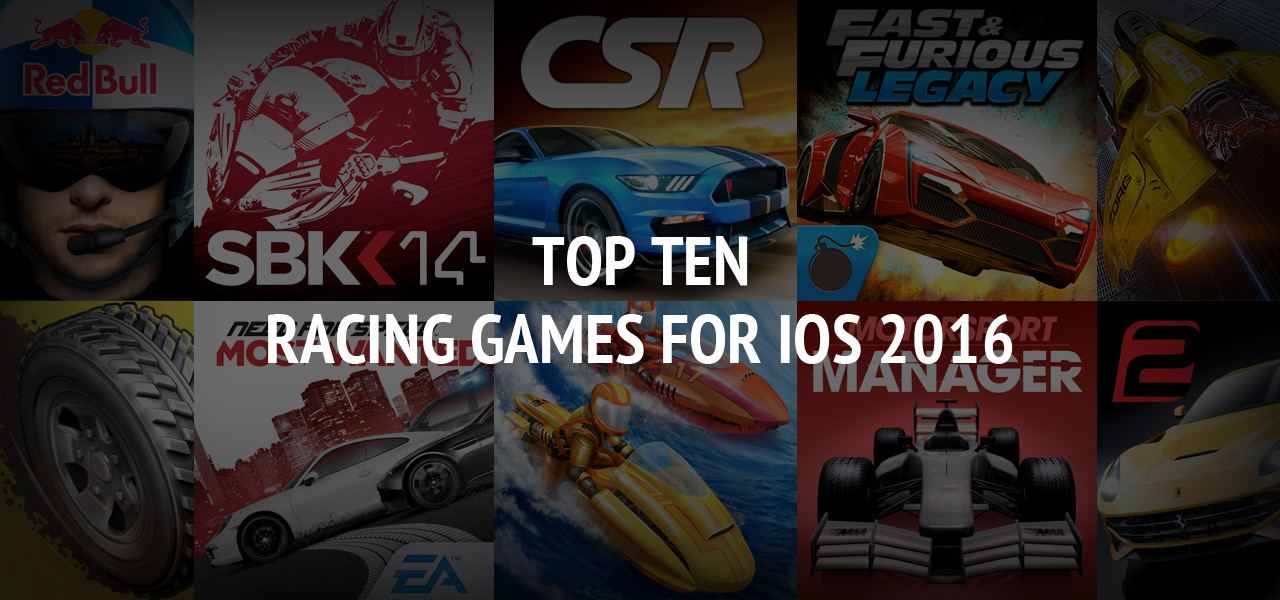5 iPhone app development trends to watch out in 2019

Apple powers its smartphones with iOS, one of the most advanced mobile operating systems available in the market. With Apple’s mobile hardware becoming more sophisticated, the technology of iPhone development also continues to evolve.
The company launched iOS 11.4 in May 2018 and upgraded Airplay to Airplay 2, included Messages in iCloud, support for ClassKit framework, and Homepod stereo. These advancements have doubtlessly inspired the iPhone app development in a variety of spheres.
With the release of iOS 12 in September 2018, any of kinks left in the earlier version are also expected to be ironed out. The latest advancements in the hardware and software by Apple will doubtlessly lead several trends in the iPhone app development market. Some of them are as follows:
#1. Swift 4
Swift can be applied to develop software for Linux and iOS. It also offers support with the additional facilities to recompile for MacOS and TVOS. With Swift 4, iPhone app development will be simplified by scaling down memory consumption. The enhanced features of Swift 4 would be used to bring in secured and high-performance enterprise apps by developers. The latest version of the programming language allows quick development of apps. The feature is liked by almost all developers using the language to build iPhone apps. The new codable protocol in Swift makes developers’ lives simple by permitting them to serialize and de-serialize data types of JSON without any need of writing a special code. Now dictionaries in Swift 4 are more powerful as they use a unique identifier, otherwise known as a key that stores value which can later be referenced and looked up through the same key.
With these and several other features, developers are able to concentrate more on creating functionalities in apps without having concerned about the memory hogging.
Artificial Intelligence (AI)
With AI spurring developers in all spheres, iPhone app development isn’t an exception now. Developers are looking for the possibility of leveraging the features of AI to create smarter and intelligent apps. Also, they are exploring how they can integrate IoT into their apps to introduce more advancement. Apple too has offered support for AI integration into their apps by introducing its machine leaning framework, CoreML which allows developers to devise apps having face recognition, object tracking, barcode detection features along with improved security. CoreML, with Vision framework, can classify images and process them to make ML implementation easier. CoreML can also be applied with iPhone’s camera sensor for capturing images and with external sensors in the IoT.
AI can be integrated into an iPhone app to provide it the learning ability, by trial and error. It’s not difficult to implement procedures and strategy providing this ability. AI can be integrated into an app for reasoning too. The reasoning ability can also be designed by drawing appropriate interface to a situation. Here inductive reasoning can help in the collection of data and tentative development of models to effectively predict and describe the future behavior.
So, there are limitless possibilities for iPhone apps with Apple’s ML capabilities.
Augmented Reality (AR)
The support to apps having AR capabilities has already been facilitated in iOS 11. And now, with iOS 12, the AR-based iPhone app development should really take off. The trend will further be boosted by the availability of Amazon's Sumerian Application Platform providing full support for Apple ARKit. This will trigger the development of more apps having the AR capability. ARKit comes with a great level, session based API which offers a simple interface to a powerful set of features. In other words, it's like a new framework allowing developers to devise exceptional AI experience for iPhone apps.
HomeKit
Apple introduced HomeKit in 2014 and opened the door for developers to think about iPhone based smart home / IoT app development. Now, the framework is triggering more and more developers using the platform to develop apps for controlling a variety of home appliances and devices in their iPhone or iPad. Also, these apps have support from Siri which means things can be controlled via voice commands like Alex and Home do. Apple Inc has provided HomeKit accessory protocol for hobbyists, HomeKit Framework for developers, and HomeKit MFI license for manufacturers of accessories.
Apps for wearable and other devices
Devices like Apple watch and others are also inspiring innovative iPhone app development having support for easy integration of latest breed of devices to be launched by Apple in the future.
These are few key trends that experts of field are expecting to take place in 2019. There would be several others to unfold whenever new iPhone devices reach the market.
About The Author
Related Blog
View All-
Top Ten Racing Games for iOS 2016? The Great Apps
I know that everyone is looking for Best Racing Games of 2017 but here I’ve listed Best iOS Racing Games of 2016. These games become the most popular in last year and this year also they deserve to be in the Best Racing Games for iPhone list. People just ...
-
5 Best Free Casino and Card Games for iOS
Free casino games are an enjoyable experience, as you can experience all the thrills of casino gaming, without any of the risk of losing any real money. Of course, there are hundreds of apps covering all types of casino games, so in this article we’re going ...







